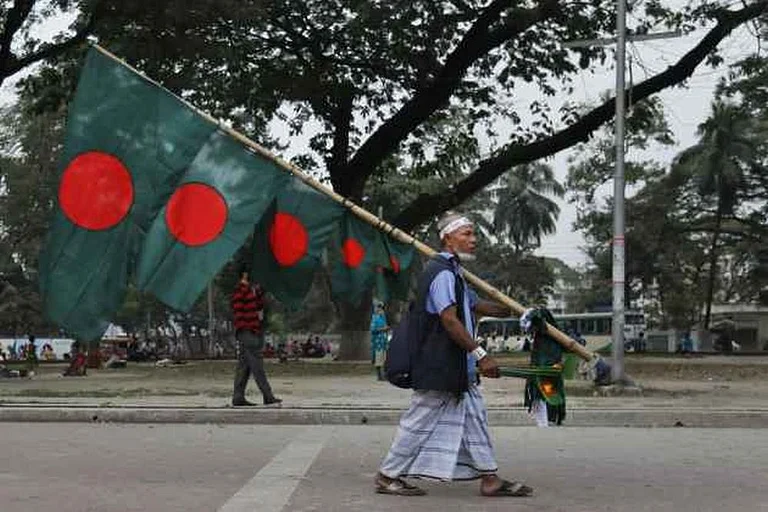Days after being passed in the special session of the Parliament, the Women's Reservation Bill received the assent of President Droupadi Murmu. In a historic vote, the Bill was passed with 454 members voting in its favour. The Bill seeks to reserve one-third of the seats in the Lok Sabha and in the assemblies of states and Union Territories (UTs).
According to a law ministry notification issued on Friday, the president gave her assent on Thursday. Now, it will be officially known as the Constitution (106th Amendment) Act. According to its provision, "It shall come into force on such date as the central government may, by notification in the Official Gazette, appoint."
The Bill, which has now become a law, is only expected to come into force after a fresh census and delimitation, meaning that the women's reservation is unlikely to be in effect in the 2024 Lok Sabha election. Home Minister Amit Shah asserted that the census and delimitation will begin soon after the 2024 Lok Sabha polls and indicated that reservation for women will come into force after the 2029 Lok Sabha polls.
Opposition parties largely lent support to the Bill but questioned the delay in implementation of such a legislation. Senior Congress leader Sonia Gandhi also pressed for a caste census, along with including sub-quota for SCs, STs, and OBCs in the women's quota bill. "The Indian woman has patience like the ocean. She has worked for everyone's betterment like a river...Any delay in implementing women's reservation bill will be gross injustice to Indian women," Gandhi said.


























